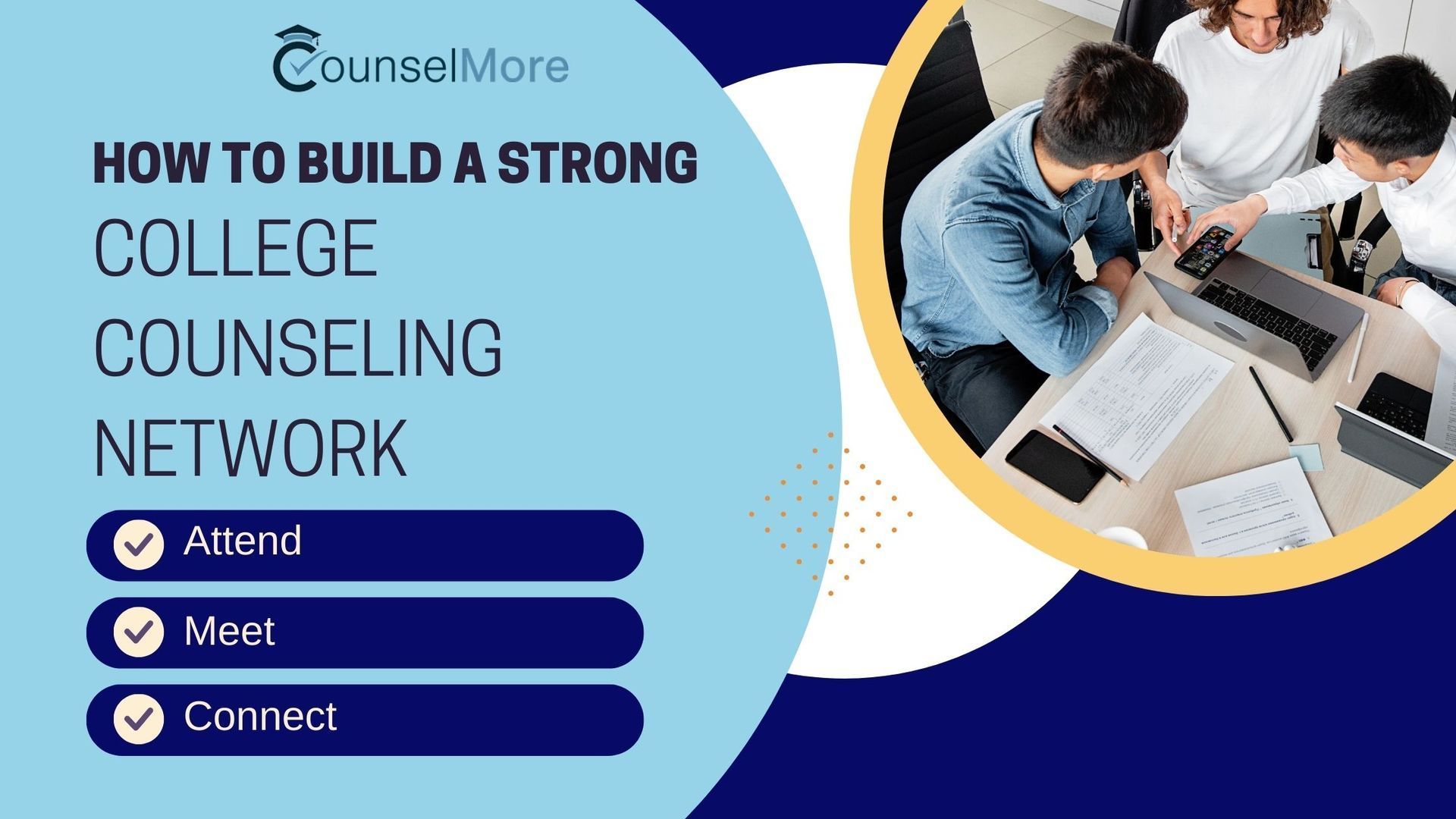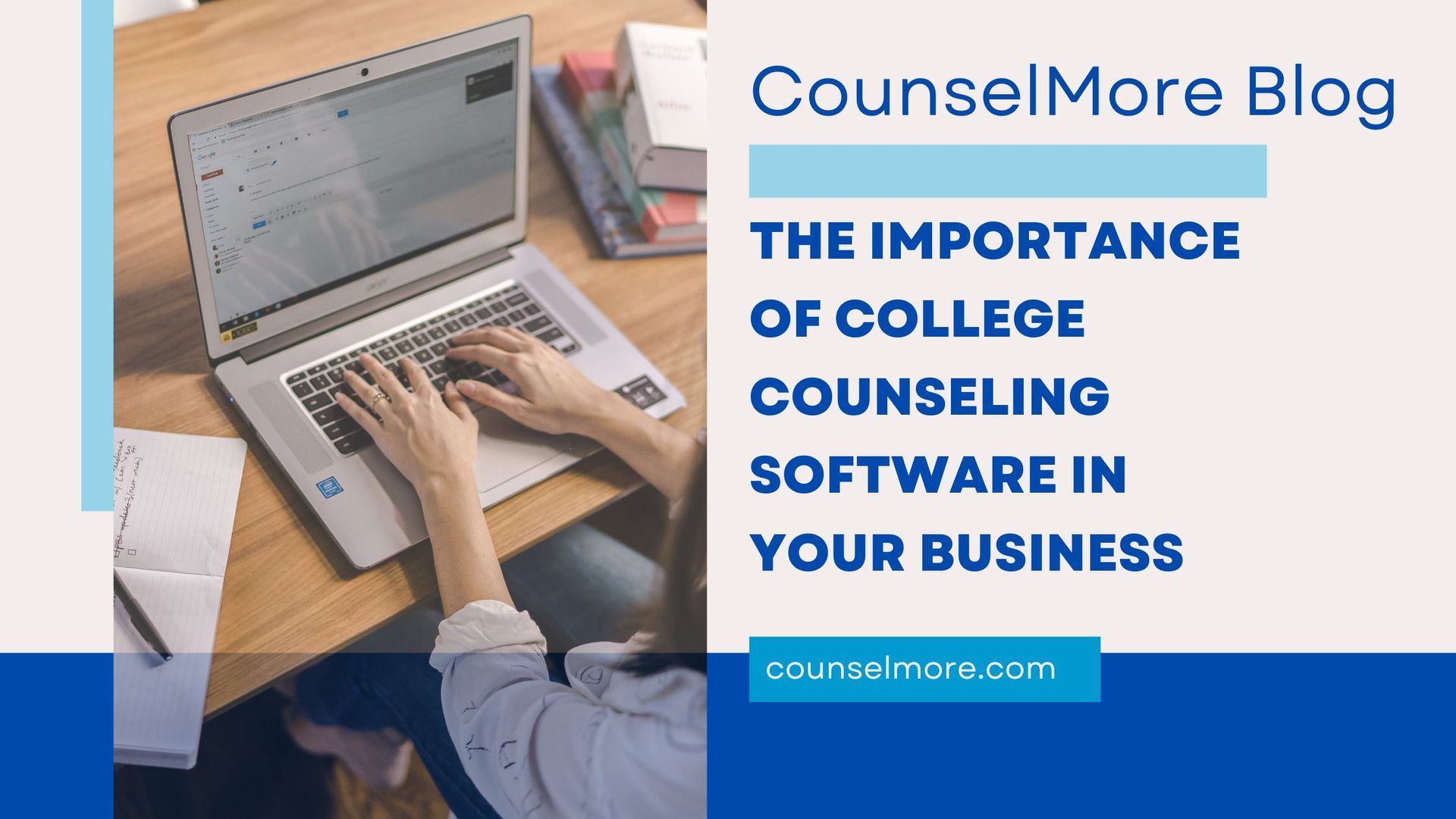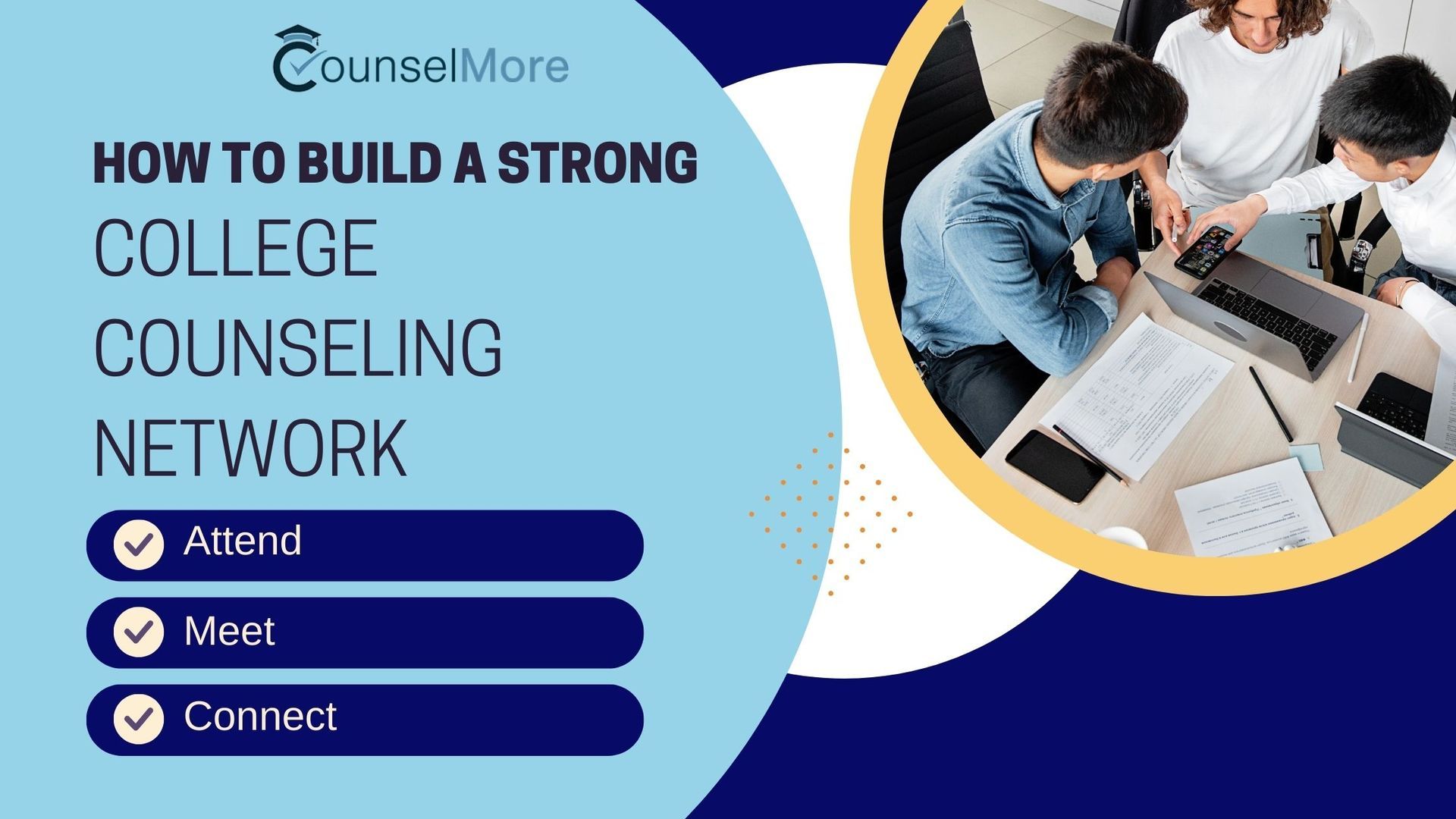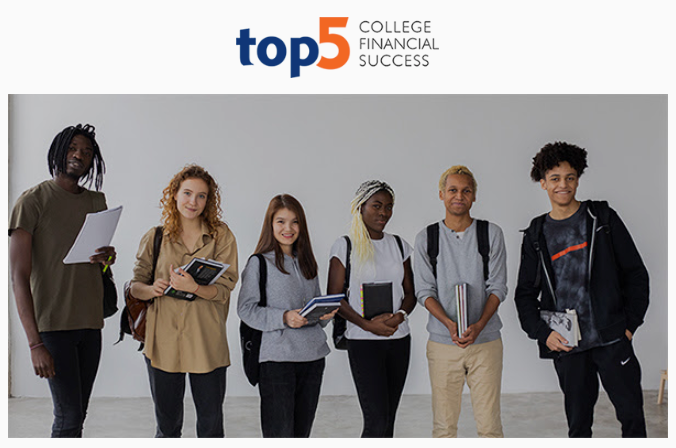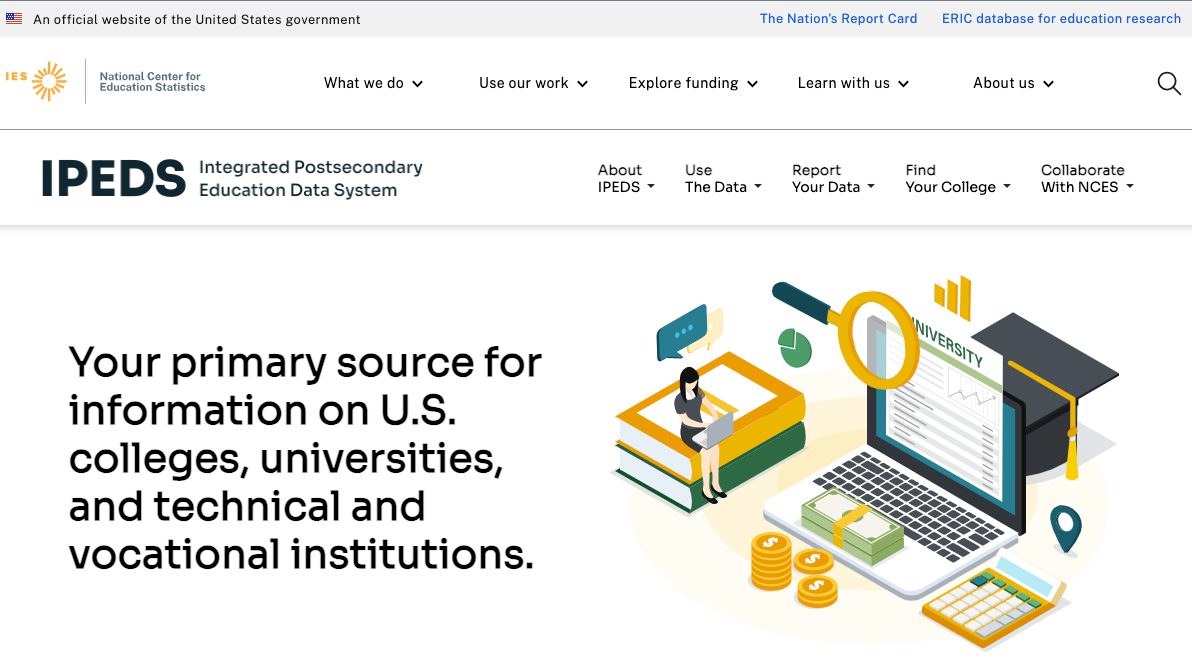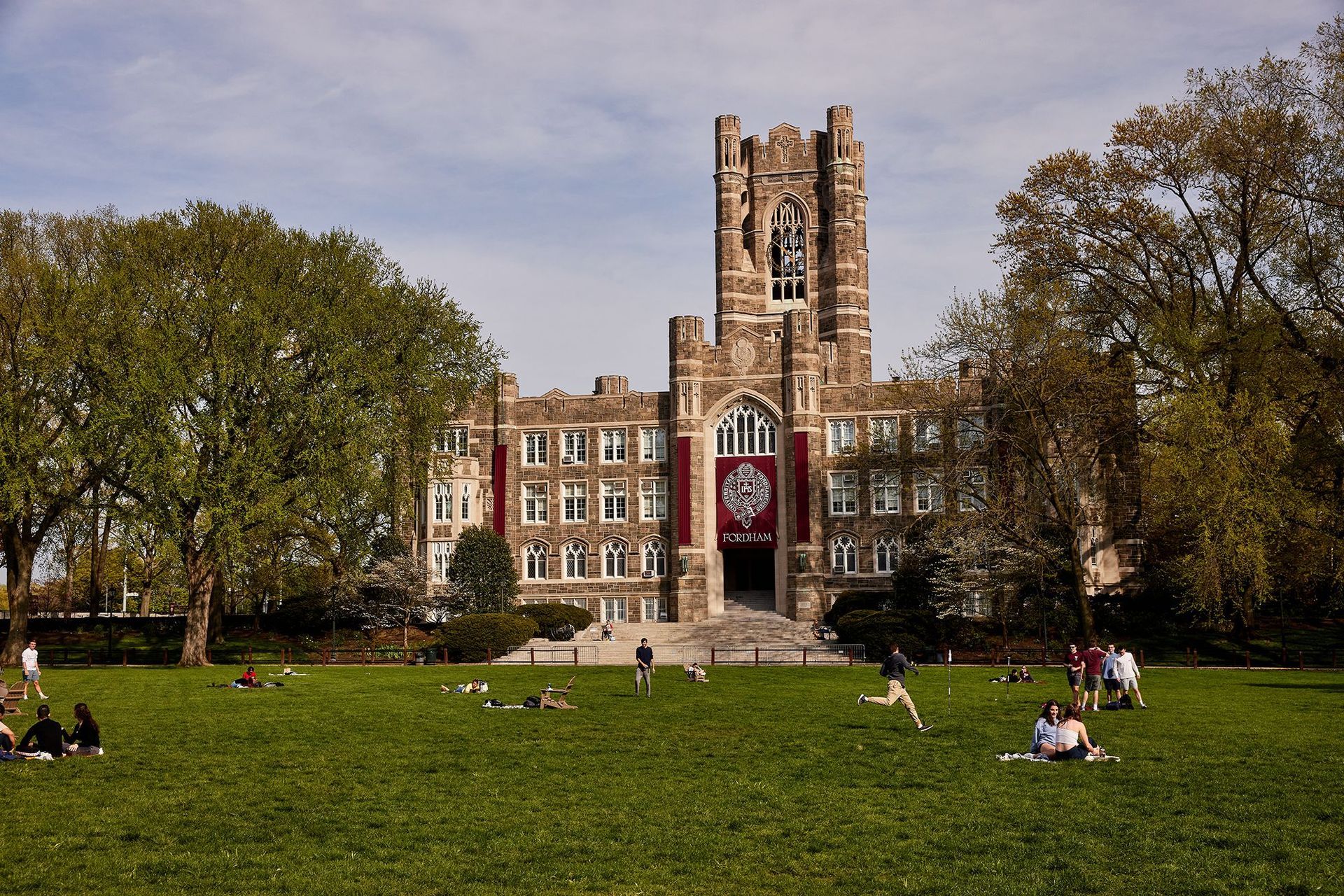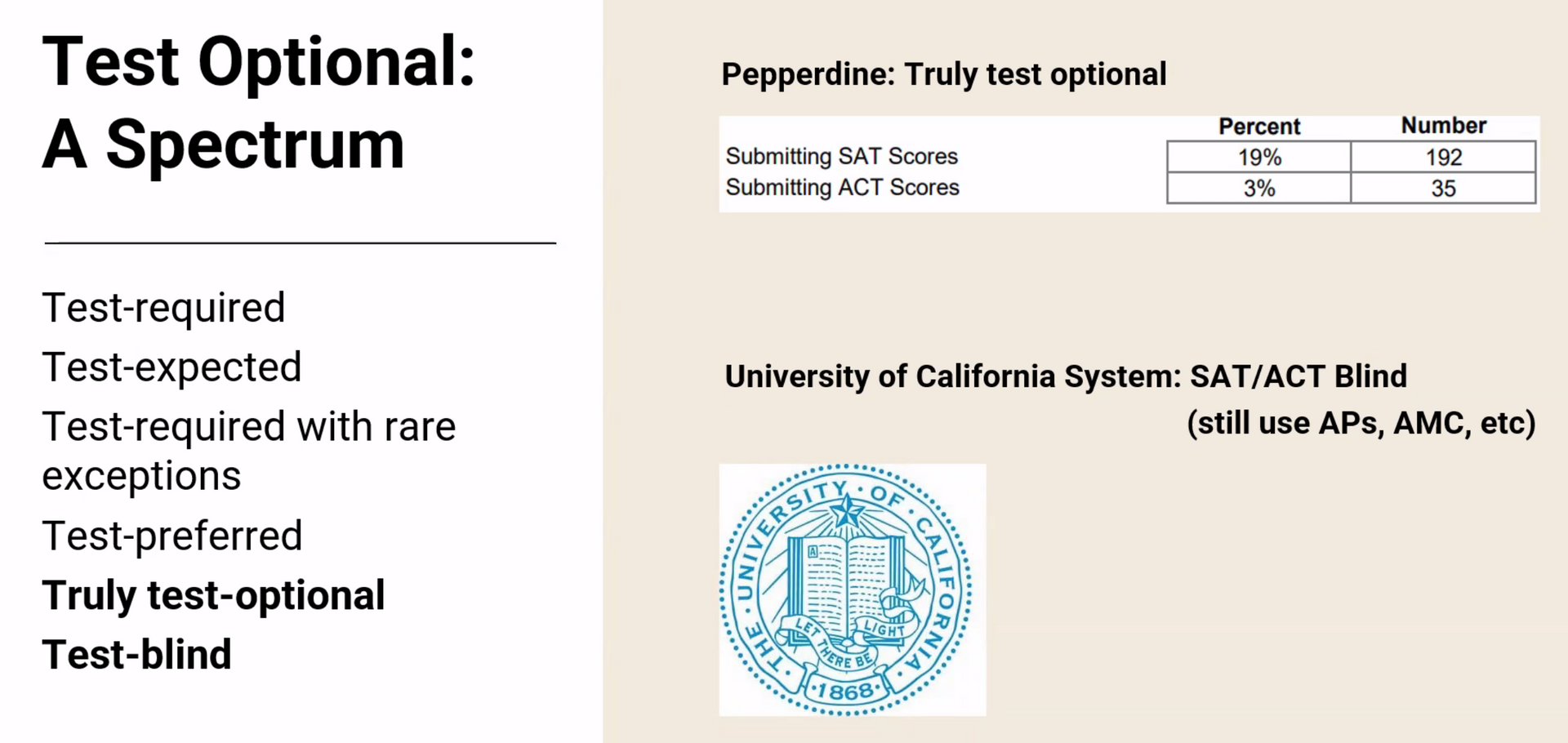Networking Mastery: How to Cultivate and Grow Your College Counseling Network
I remember feeling overwhelmed as a
new independent educational consultant (IEC). There was so much to learn. Currently, the practice of college counseling isn’t regulated. As a result, there isn’t a single set of knowledge-based standards that IECs must follow. I wanted a rulebook, a fat, encyclopedic manual with JRR Tolkien-level appendices. Don’t get me wrong, numerous books, great books even, exist on the topic. But nothing entirely comprehensive exists. So, when new problems arise, you’re on your own. And that’s what happened to me.
One day, I had a new client call. She was a high school senior and wanted help with her application (easy enough). Then she dropped the bomb on me: she was an international student. I had never advised an international student before. She contacted me late in the application season, so I was stacked with other clients. I had no time to research these processes. So, I took a shortcut. I called my friend and colleague Margaret, who had a history of working with international students.
“Margaret, what do I do with international students?”
To this day, I owe her big. She spelled it out in a comprehensive list, making the process more manageable. That day, I learned two things:
1.) College Counselors Love Lists.
2.) My Network Saved My Life.
In this blog post, I’ll focus on that second point: the importance of building a solid network. Like me, you’ll encounter myriad situations where your knowledge ends and where someone else’s begins. This is a dangerous place to be, that is, if you don’t have a strong network that can make up for your deficiencies.
One College Counselor Can’t Know Everything
In the labyrinth of college counseling, you can't memorize the entire maze. All that matters is that you can help your clients arrive at the end of it. However, there are many routes you can take to reach your destination. If we want to keep beating this metaphor to death (and why not), think of your network as the way finders and guides for each part of the college counseling maze.
Myriad
niches exist in college advising. There's aptitude testing, test prep, college admissions essays, career counseling, financial aid, international admissions, graduate school advising, etc. The list goes on and on and into an infinity of services you don't have decades to master. So, you have two options: forge a network of experts and specialists to help you with each area. Or, you can try to learn it all yourself; spoiler alert, you can't.
Even if you prefer to master things yourself, a network is still your best option. For example, out of all the niches I mentioned before, I am the most qualified to speak intelligently on aptitude testing. I've been administering them for years, written
articles on aptitude testing, and spent much time researching and studying the topic.
So, imagine my friend Margaret
incorporates aptitude testing into her counseling practice. She could figure it out herself. And she totally could. Margaret's clever, after all. However, she's also busy. She has a lot on her plate, namely a full caseload of students. If she tries to teach herself aptitude testing in time enough to add it to her suite of services for the next season, she'll have to forgo sleep or lower the quality of service she's giving her current clients.
Or, she could give me a call. I owe her one, after all. She helped me with international students; I can help her prepare her
aptitude testing services. I have templates for emails, marketing collateral my graphics designer made for me, and a host of other things that could benefit her practice. So, she calls me, schedules a Zoom meeting, and I talk her through the process.
There we have it. I saved Margaret time and energy by leveraging my knowledge. She did the same for me. We could both leverage our knowledge and augment our suite of services. We barter in skill and expertise, not goods and money.
As Stephen Pressfield wrote,
A Professional Dedicates Himself To Mastering Technique.
The professional respects his craft. He does not consider himself superior to it. He recognizes the contributions of those who have gone before him. He apprentices himself to them.
A part of being a professional is harboring the humility that others know more than you. Amateurs believe they can do it all themselves and that others aren't interesting enough to teach them anything. Thus, most professional college counselors I know and respect grow their counseling network, deepen their professional relationships, and continually share their knowledge with others. Such an asset of professional counselors is priceless, and your continued success hinges on having your network. Keep reading to learn how to cultivate one.
Your Plan For Building A Comprehensive Counseling Network
Forging a local or global counseling network of college counselors doesn’t require you to fly to the next IECA conference. You also don’t need to chum it up at local venues to buy drinks for senior college counselors, hoping they’ll spill all their secrets. After all, flights are expensive (and so are drinks). And if there’s one thing a new college counselor doesn’t have, it’s spare money lying around in droves. So, you’ll want to attend networking events that are cheap or free. In this arena, we’ve got you covered.
Attend A Free College Counselor Meeting
While it might be self-explanatory, hear me out. A networker networks with other professionals in her field. So, you must attend events where professionals in your field are present. To connect with people, you have to find people. Thus, you must regularly attend a meeting to rub shoulders with other independent educational consultants, IECs, college planners, test-prep tutors, and other educational support providers. And as I mentioned before, these meetings should be free to attend. We suggest real-world events to build closer relationships, but if there aren't any in your area, it will certainly still be worthwhile to build a virtual counselor network.
Two of my favorite free
college counselors' networking meetings: The first is the Mentorship Circle Meeting. The second is the College Counselors' Study Hall. CounselMore hosts both meetings. Generally, the purpose of each meeting is to provide a space for education service providers to connect and learn from each other. However, the two conferences have different sets of subgoals that are important to note. Before we dive into the specifics of each meeting, look at the bullets below to see what both meetings have in common.
The Mentorship Circle Meeting and Study Hall Meeting have the following in common:
- Held Virtually so that anyone can attend.
- Cost Nothing to participate so that you can build your network for free.
- Meets Regularly
so you can meet as much as possible with fellow IECs.
For Counselors
Hire a Counselor
College Counseling Mentorship Circle
Attend the
Mentorship Circle to build skills and learn new college counseling hacks. Each month, a specialist in the college admissions field gives a presentation to arm admissions advisors like you with new skills. The skills are always practical and transferable. What we learn typically involves adding value to our students and marketing ourselves to our clients.
For example, several months ago, I spoke about how
College Counselors can use Blogging to attract more clients. Cyndy McDonald, who I lovingly refer to as the Matriarch of College Counseling, spoke last month about several common mistakes IECs make. Cyndy’s presentation was particularly instructive because, due to her thirty years of experience, she provided examples of how to avoid these mistakes.
To attend the Mentorship Circle, click on the link below. It’s typically on the last Thursday of each month.
It’s a beautiful opportunity to learn from experts in the field of college admissions. Additionally, most speakers leave their presentations online to be accessed anytime. Or, the speaker will
leave a gift like a PDF or a link to a complimentary Q&A with them. Either way, they make it worth your time to attend, especially since the conference is free.
College Counseling Study Hall
The final free meeting we’ll discuss is the College Counseling Study Hall. This peer-led meeting is held on the last Friday of each month. To register for this meeting, click on the link below:
This meeting is more informal, as it’s a peer-led roundtable discussion. While there are some structured meeting guidelines, it’s mostly just college counselors talking and sharing ideas. Additionally, since it is a CounselMore-sponsored event, some meetings center around getting training on the
CounselMore software tool.
What happens if you don’t grow your network?
Humans are tribal creatures. We’re not designed to do things on our own. Your network is your lifeline. Your network will make you smarter, expand your thinking, and shore up the gaps in your knowledge. While we’ve all been there, we all hate being asked a question we don’t know by a parent or student. What happens afterward is what I call “the search of shame.” This happens when you have to google something you should already know and hope the internet has something wise to say on the matter.
Again, while we’ve all likely done this, it doesn’t need to be a regular occurrence. Here lies the strength of a robust network. When you ask your network a question, you’ll likely get an answer backed by experience. This means you’re not at the whims of a soulless search engine.
Act on it
Don’t wait around for people to find you. Go where the multitudes gather and find your tribe of college counselors. As Pressfield wrote, apprentice to the masters and make their techniques your own. So many of us college counselors have had to trod this path alone. We don’t recommend it. Ways exist to get the support you need to do the job you love. Find that support by attending the mentorship circle. You’ll learn loads and meet a lot of intelligent people.
Happy Counseling,
-Marc

